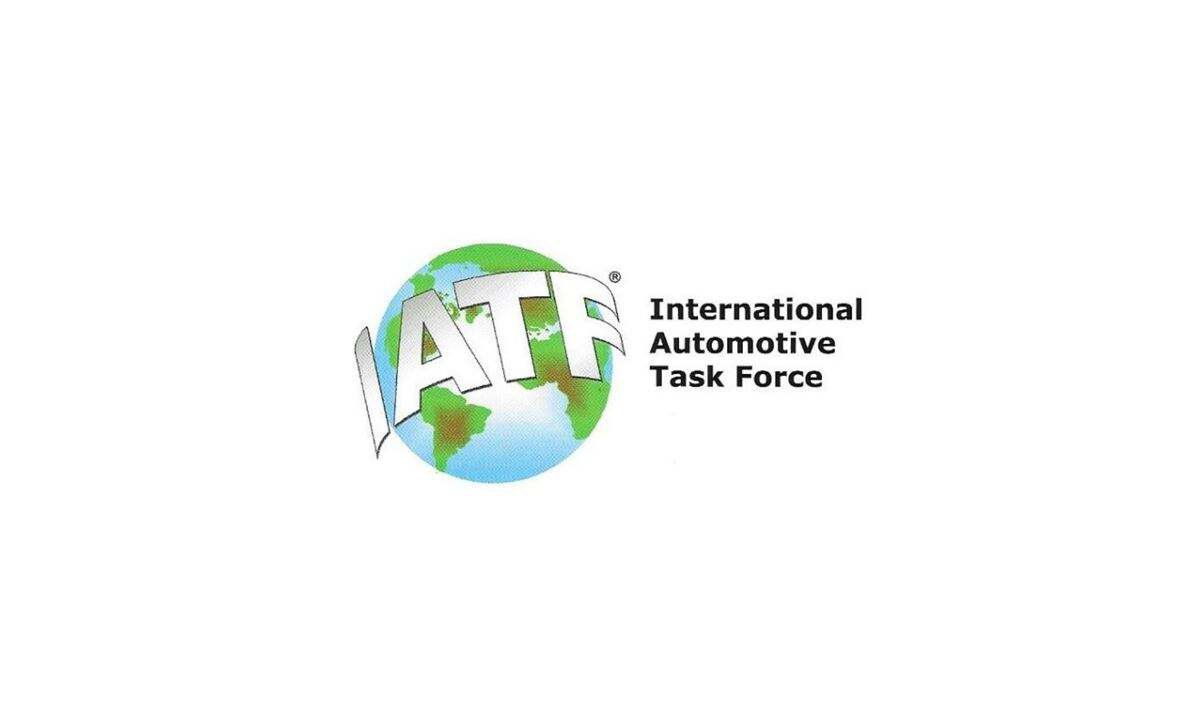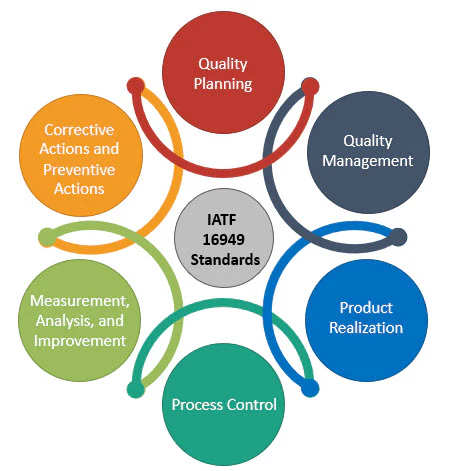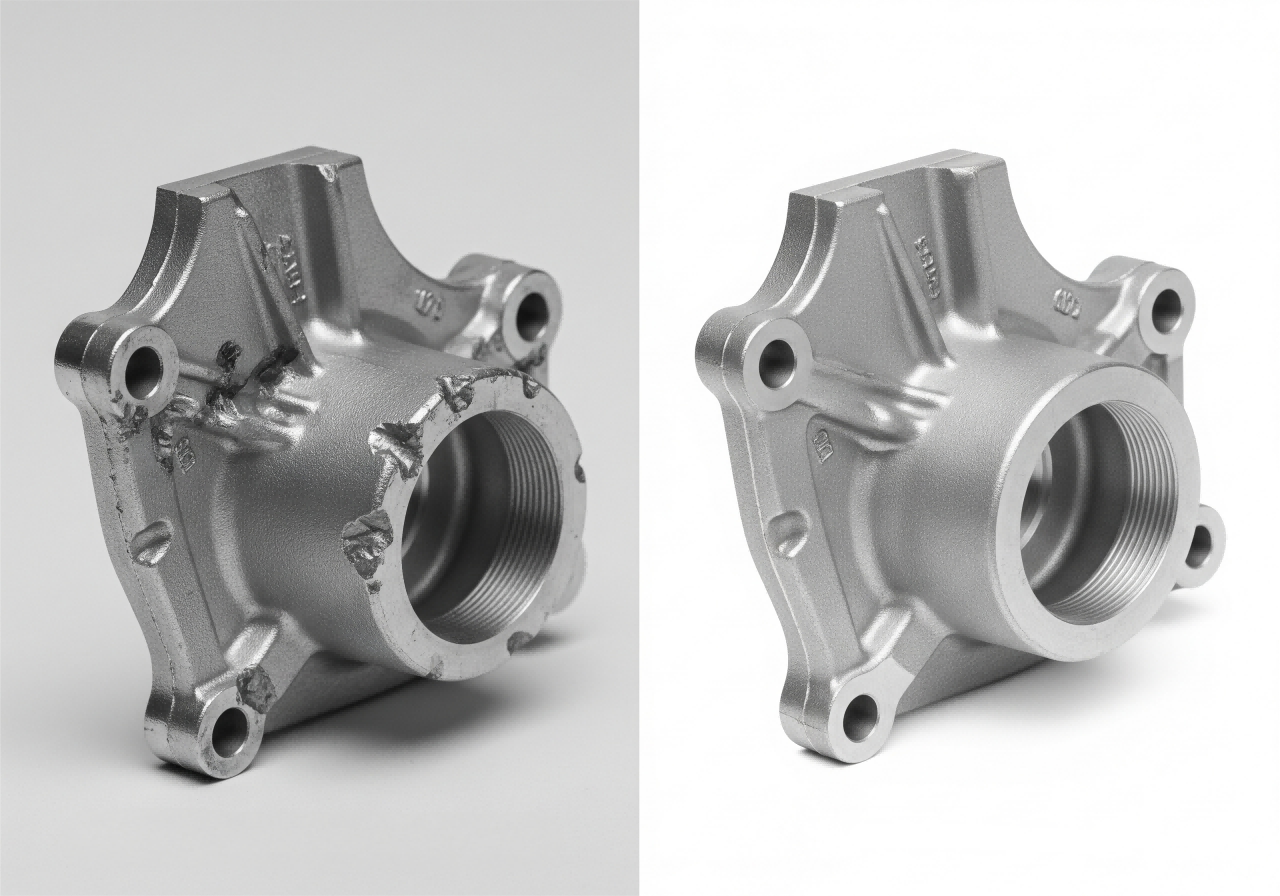For automotive manufacturers and suppliers, adherence to structured, documented processes is critical to ensuring product quality and regulatory compliance, and this is where iatf 16949 procedure takes center stage. At Sino Die Casting, a high-tech enterprise with expertise in high-precision mould manufacturing, die casting, CNC machining, and custom part production, we strictly follow iatf 16949 procedures to meet the rigorous demands of the automotive industry, which is the primary focus of the IATF 16949 standard. These procedures serve as a roadmap for every step of our operations, from initial customer order intake to final product delivery, ensuring consistency, traceability, and accountability across all functions. IATF 16949 procedures cover a wide range of activities, each designed to mitigate risk and enhance quality. One key procedure is the Advanced Product Quality Planning (APQP), which we implement when developing new automotive components. APQP involves defining customer requirements, conducting feasibility studies, creating control plans, and validating prototypes—all documented in detail to ensure that every stakeholder understands their role. For example, when designing a custom die-cast part for a car engine, our team uses APQP to map out design inputs, material specifications, and testing criteria, ensuring that the final product meets the exact tolerances and performance standards required by the automotive client. Another critical iatf 16949 procedure is Process Failure Mode and Effects Analysis (PFMEA), which we apply to our die casting and CNC machining processes. PFMEA helps us identify potential failures in production—such as material defects, machine malfunctions, or human error—assess their impact on product quality and safety, and implement preventive measures. For instance, in our die casting operations, PFMEA might highlight the risk of porosity in parts due to improper molten metal temperature; our procedure then mandates regular calibration of temperature sensors and real-time monitoring during production to prevent this issue, ensuring that parts meet automotive durability standards. IATF 16949 also requires strict procedures for control of production and service provision. This includes defining clear work instructions for operators, specifying inspection points, and ensuring that equipment is properly maintained and calibrated. In our CNC machining facilities, for example, each machine has a documented maintenance schedule, and operators follow step-by-step procedures for setting up jobs, running tests, and inspecting finished parts using precision measuring tools. These procedures ensure that every part—whether a complex gear component or a simple bracket—meets the same high standards of accuracy, regardless of production volume. Documentation and record-keeping are also integral to iatf 16949 procedure. We maintain detailed records of design specifications, production parameters, inspection results, and customer feedback, allowing for full traceability of every component. This traceability is invaluable in the event of a quality audit or product recall, as it enables us to quickly identify the root cause of any issue and take corrective action. For automotive clients operating in highly regulated markets, this level of documentation provides peace of mind, ensuring compliance with regional and international standards. By strictly adhering to iatf 16949 procedure, we ensure that our services—from rapid prototyping for new automotive designs to mass production of critical components—are reliable, consistent, and aligned with the needs of our clients in the automotive, new energy, and related industries. These procedures are not just boxes to check but essential tools that enable us to deliver value, build trust, and maintain our reputation as a leading manufacturer serving over 50 countries and regions worldwide.


